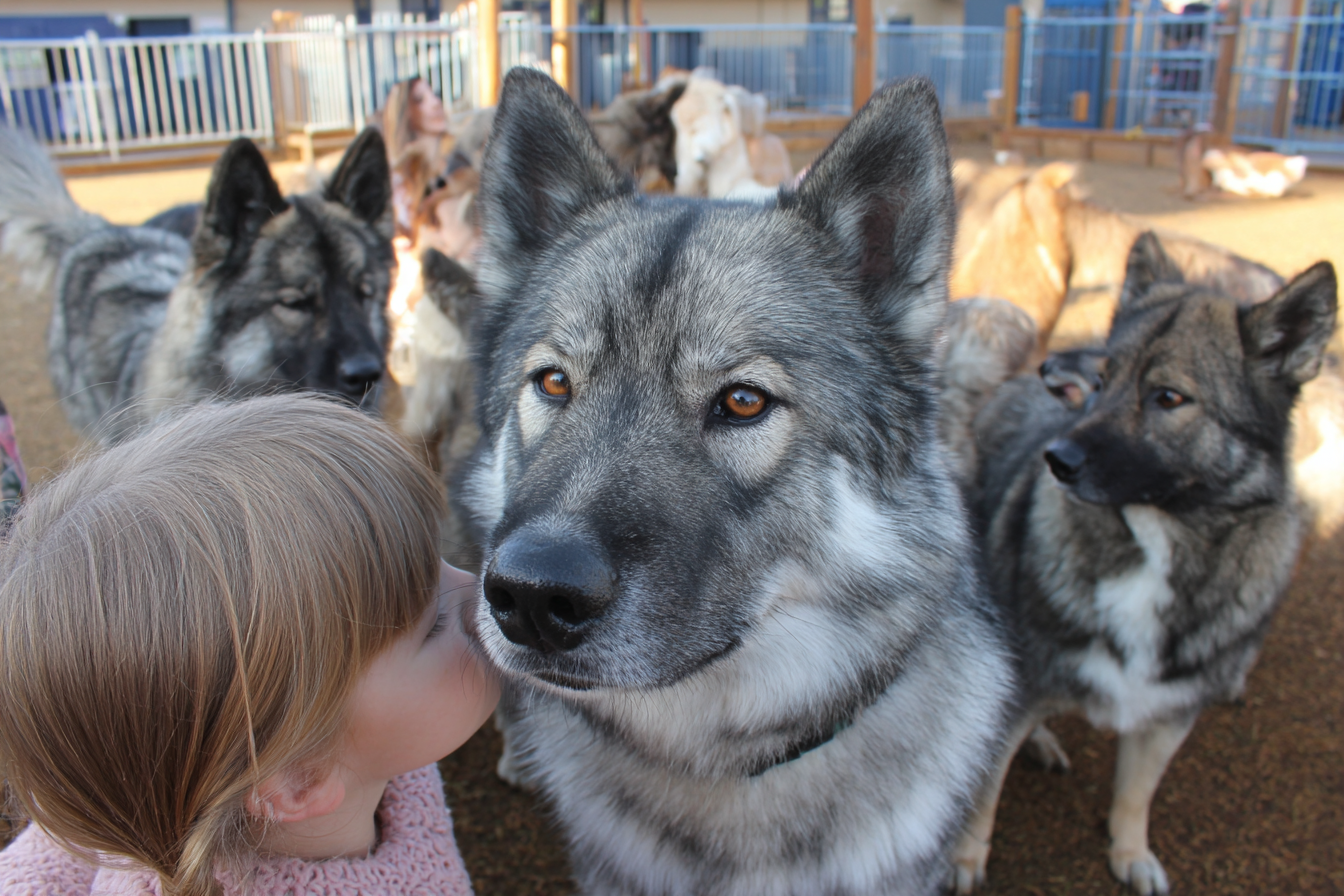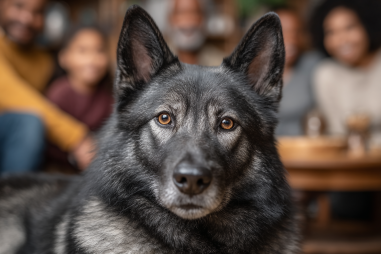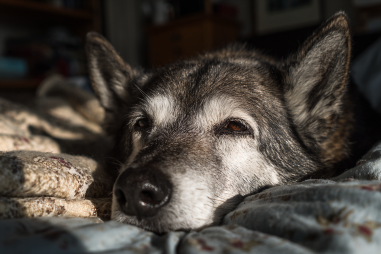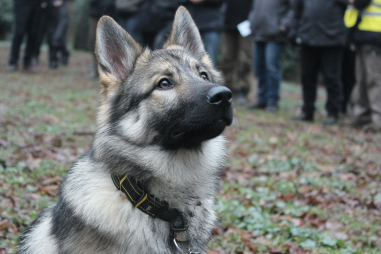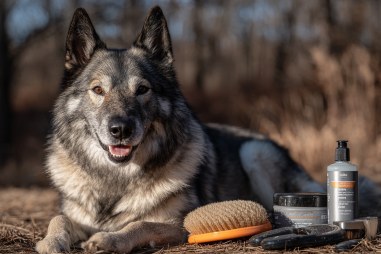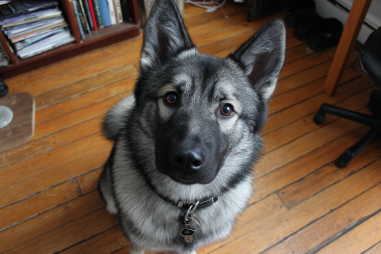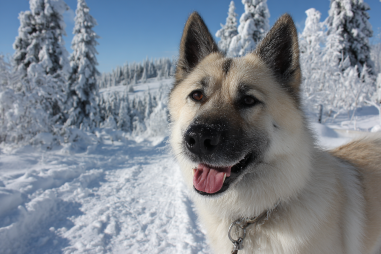Bringing a Norwegian Elkhound into your family promises companionship, loyalty, and plenty of adventures. These spirited dogs are known for their friendly nature, intelligence, and independent streak. However, like any breed, they thrive best when they are properly socialized early on. Socialization helps Norwegian Elkhounds gain confidence, remain well-behaved, and interact positively with people and other pets throughout their lives.
Understanding when and how to introduce your Elkhound to new experiences is essential. Without proper socialization, they may develop fear or aggression, which can be difficult to manage later. This guide covers everything you need to know about socializing your Norwegian Elkhound — from the critical periods for socializing puppies to ongoing practices that keep your dog happy and balanced.
Why Socialization Matters for Norwegian Elkhounds
Norwegian Elkhounds are naturally friendly and protective, but like many independent breeds, they can become wary of strangers or unfamiliar situations if not introduced carefully. Socialization helps your Elkhound build trust, reduce anxiety, and develop good manners in a variety of environments.
Well-socialized Elkhounds tend to be calmer and more adaptable. They’re less likely to react aggressively out of fear and more likely to enjoy trips to the park, visits to the vet, or family gatherings. Proper socialization also supports their intelligence and desire to work, making training easier and more effective.
Given the Elkhound’s hunting and guarding heritage, proper exposure to different social settings, people, sounds, and other animals can prevent territorial or protective behavior that may become problematic, especially in urban or busy household environments.
Critical Socialization Periods
The best time to start socializing your Norwegian Elkhound is during their puppy stage, specifically between 3 and 14 weeks of age. This window is when puppies are most open and receptive to new experiences without developing fear. During this time, positive encounters with people, animals, and environments help shape their long-term personality.
Here are some key points about this period:
- 3 to 7 weeks: Puppies begin to explore and interact with their littermates and mother. Gentle exposure to human touch and voices helps build early trust.
- 7 to 14 weeks: This is the prime socialization phase when puppies should meet a variety of people (different ages, genders, ethnicities) and other animals to avoid future fear or aggression.
It’s important to note that while puppies are highly impressionable during this phase, socialization isn’t just about quantity, but quality. Positive, calm, and controlled introductions are key to building confidence rather than causing stress.
Introducing Your Dog to New Environments
Norwegian Elkhounds are curious explorers by nature, but new environments can sometimes be overwhelming. Gradual exposure is essential to prevent anxiety or fear. Start by introducing your pup to quiet, familiar places before progressing to busier or more complex environments.
Here are some tips to help with new environments:
- Begin with short visits to calm places like a friend’s backyard or a quiet park.
- Allow your Elkhound to sniff and explore at their own pace without rushing.
- Use treats and praise to associate new surroundings with positive experiences.
- Slowly increase complexity by exposing your puppy to different flooring, sounds (traffic, children playing, household appliances), and sights.
- Avoid forcing your dog into frightening situations; instead, provide a safe space they can retreat to if overwhelmed.
Consistency in exposing your Elkhound to a variety of new settings helps build a more adaptable and confident dog ready for anything life throws their way.
Socializing with Different People and Pets
Meeting a wide range of people and animals is vital for Norwegian Elkhounds to grow into well-rounded adults. Due to their guarding instincts, they can be wary of strangers, so early positive experiences are crucial.
For people:
- Introduce your Elkhound to individuals of various ages, sizes, ethnicities, and appearances.
- Encourage gentle petting and interactions to foster trust.
- Include children in socialization but supervise all interactions to ensure safety and comfort for both child and dog.
For pets:
- Allow supervised meetings with other dogs to develop good play and communication skills.
- Introduce cats or smaller pets carefully and always under control to prevent chasing instincts from taking over.
- Enroll in puppy socialization classes or attend dog parks after vaccinations are complete to expose your Elkhound to diverse dogs and scenarios.
Repeated, positive social encounters minimize the risk of territorial aggression or fear-based reactions later in life.
Preventing Fear and Aggression
Fear and aggression in Norwegian Elkhounds often stem from a lack of early socialization or negative experiences that weren’t properly managed. Addressing these issues early, before behaviors become ingrained, is the best strategy.
To prevent these problems:
- Never use punishment or harsh discipline during socialization — this can increase fear and mistrust.
- Use positive reinforcement techniques such as treats, toys, and praise to encourage calm and friendly behaviors.
- Watch for signs of stress like growling, raised hackles, stiff body posture, or retreating, and calmly remove your dog from the situation if needed.
- Socialize at your dog’s pace — pushing too fast can trigger fear or defensive reactions.
- If you notice troubling behaviors, seek help from a professional trainer or behaviorist who understands the breed.
Building confidence gradually helps your Norwegian Elkhound feel secure and less likely to react aggressively out of fear.
Ongoing Socialization Practices
Socialization isn’t a one-time event; it’s an ongoing process that continues throughout your dog’s life. Even adult Norwegian Elkhounds benefit from regular new experiences and interactions to maintain their social skills and mental well-being.
Ways to keep your Elkhound socially engaged include:
- Regular walks in varied neighborhoods or nature spots to encounter different sights, sounds, and smells.
- Continued playdates with familiar dogs to reinforce positive social behavior.
- Attending obedience or agility classes that provide new challenges and social settings.
- Introducing new activities such as car rides, visits to pet-friendly stores, or dog-friendly events.
- Maintaining gentle exposure to strangers and different environments at a comfortable pace.
By keeping socialization active, your Norwegian Elkhound remains confident, happy, and a joy to be around in all situations.
In summary, socializing your Norwegian Elkhound properly from an early age, and continuing to enrich their social experiences throughout life, lays the groundwork for a well-adjusted, friendly, and secure companion. Taking these steps ensures your Elkhound will thrive both at home and in the wider world, showcasing the best qualities of this extraordinary breed.

